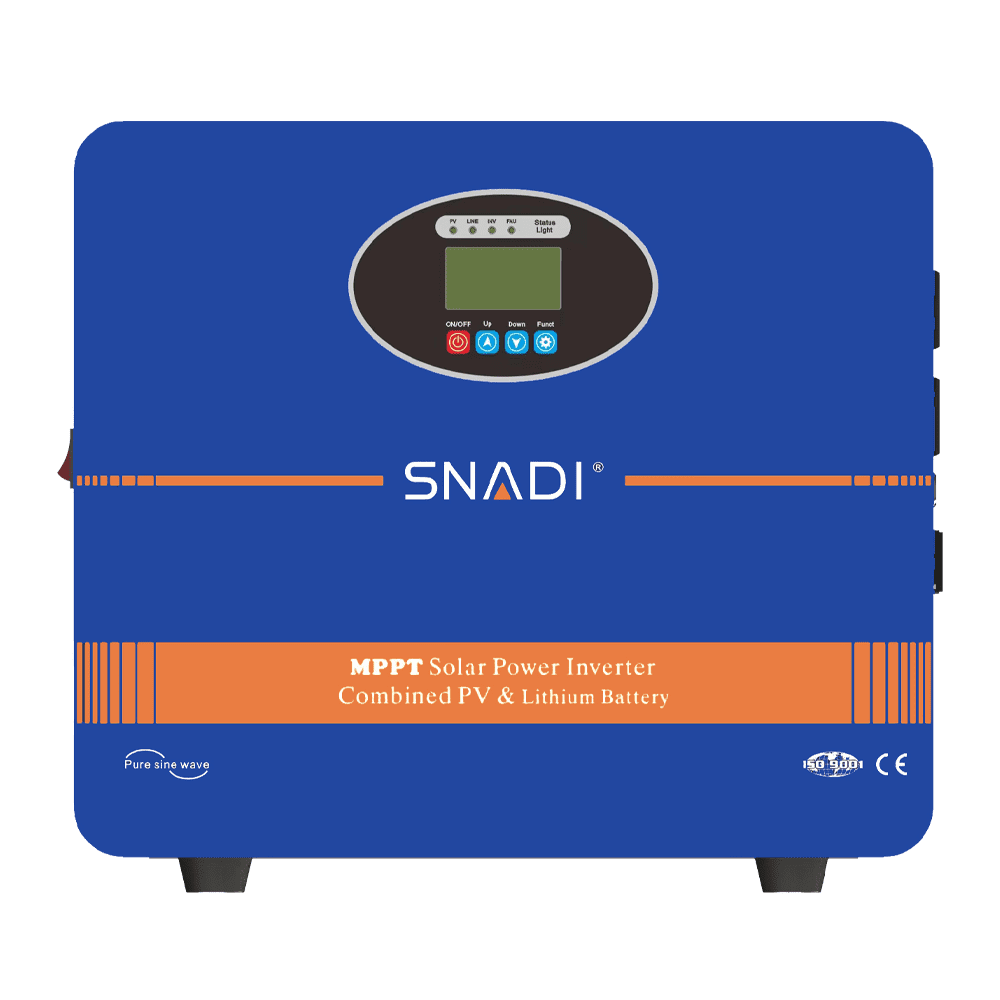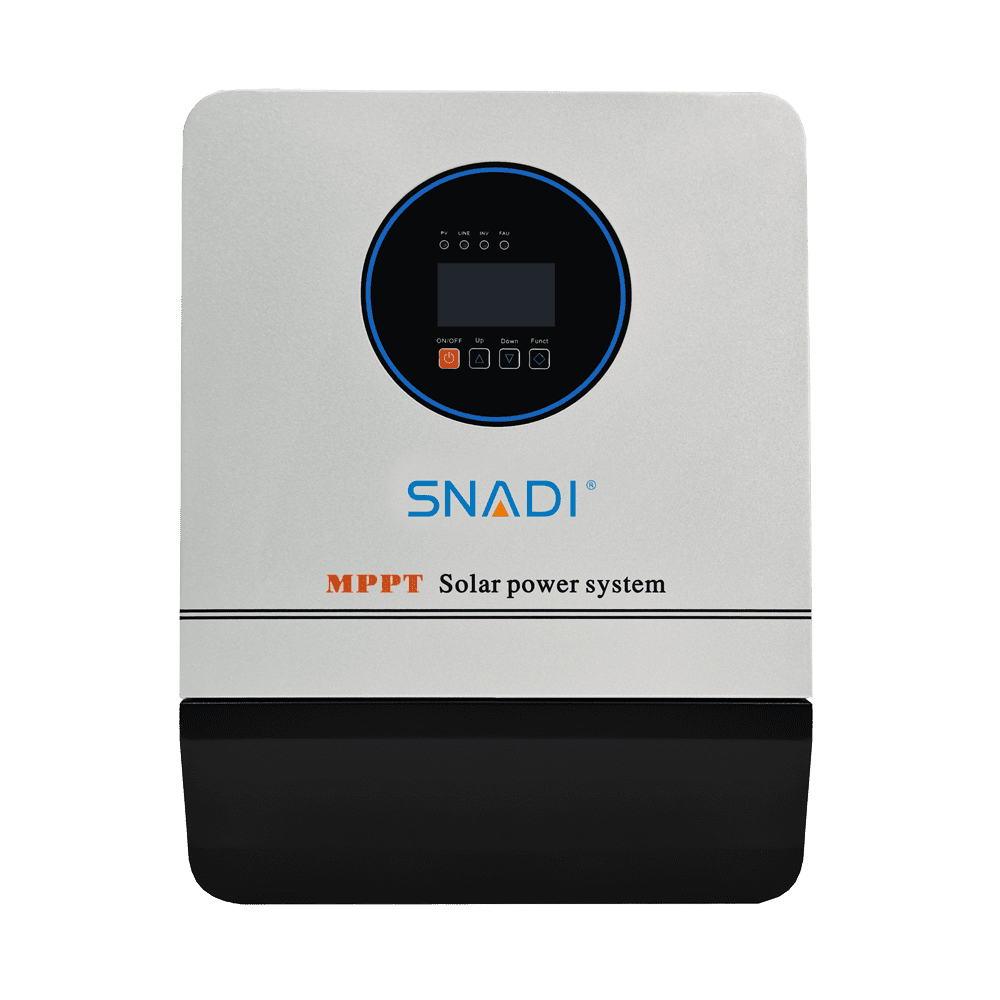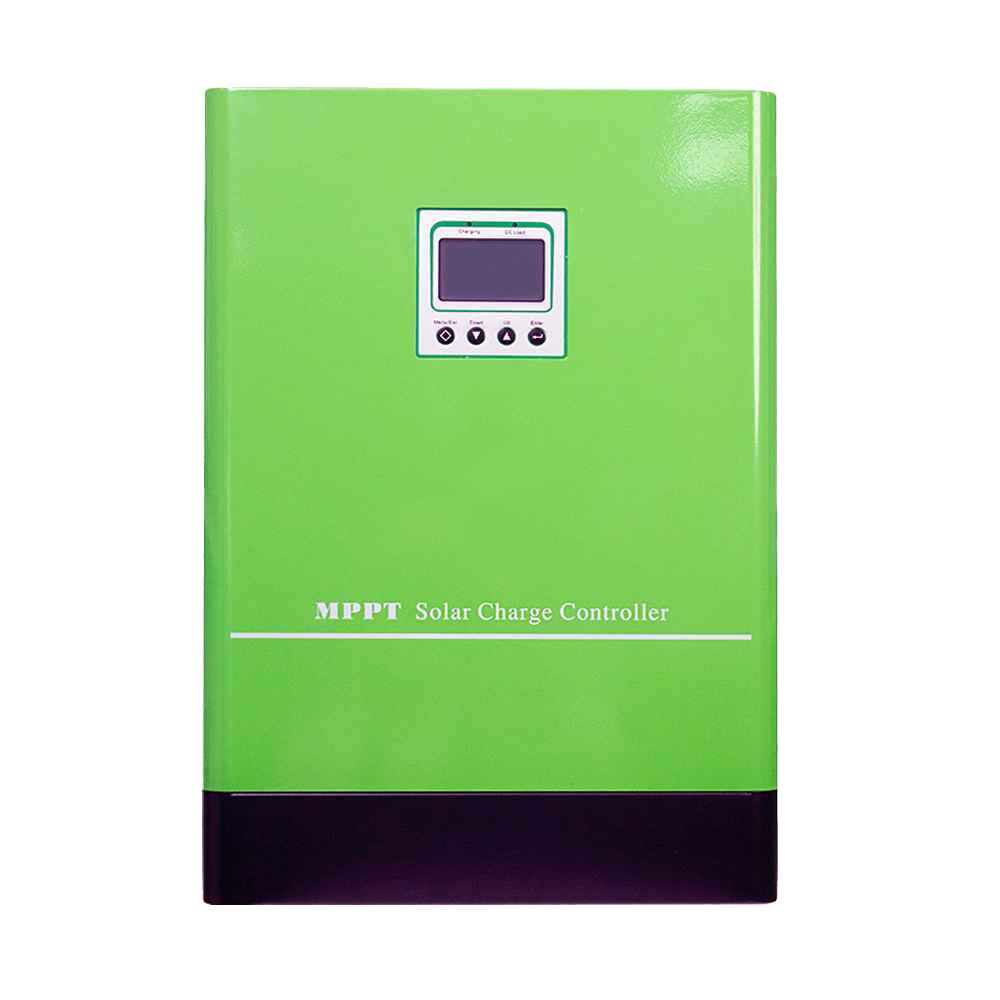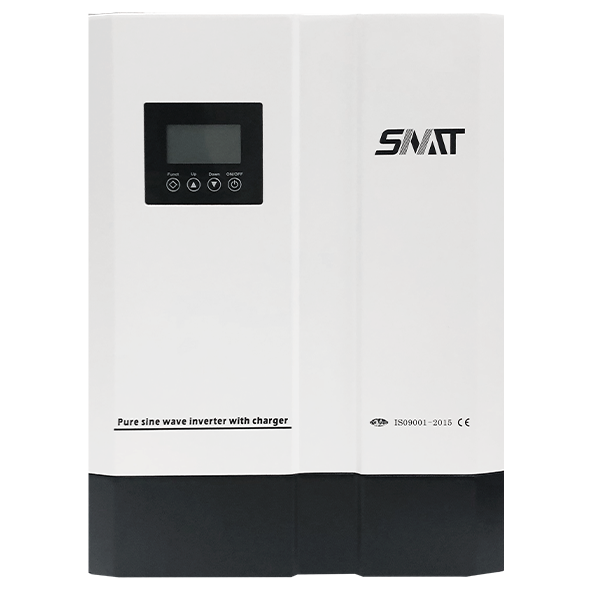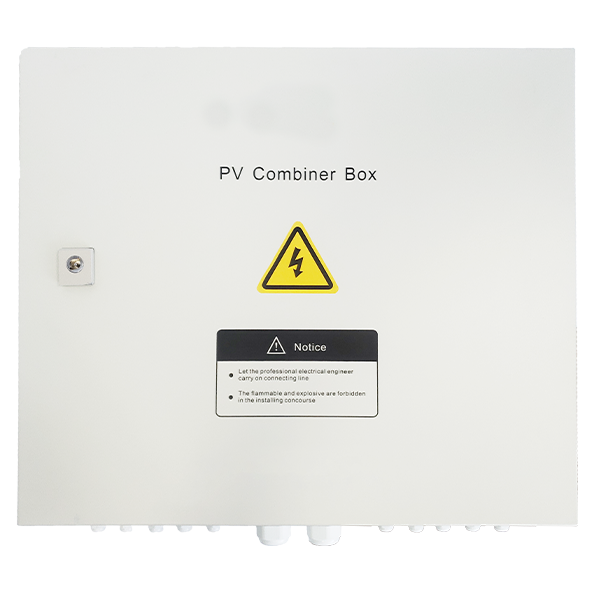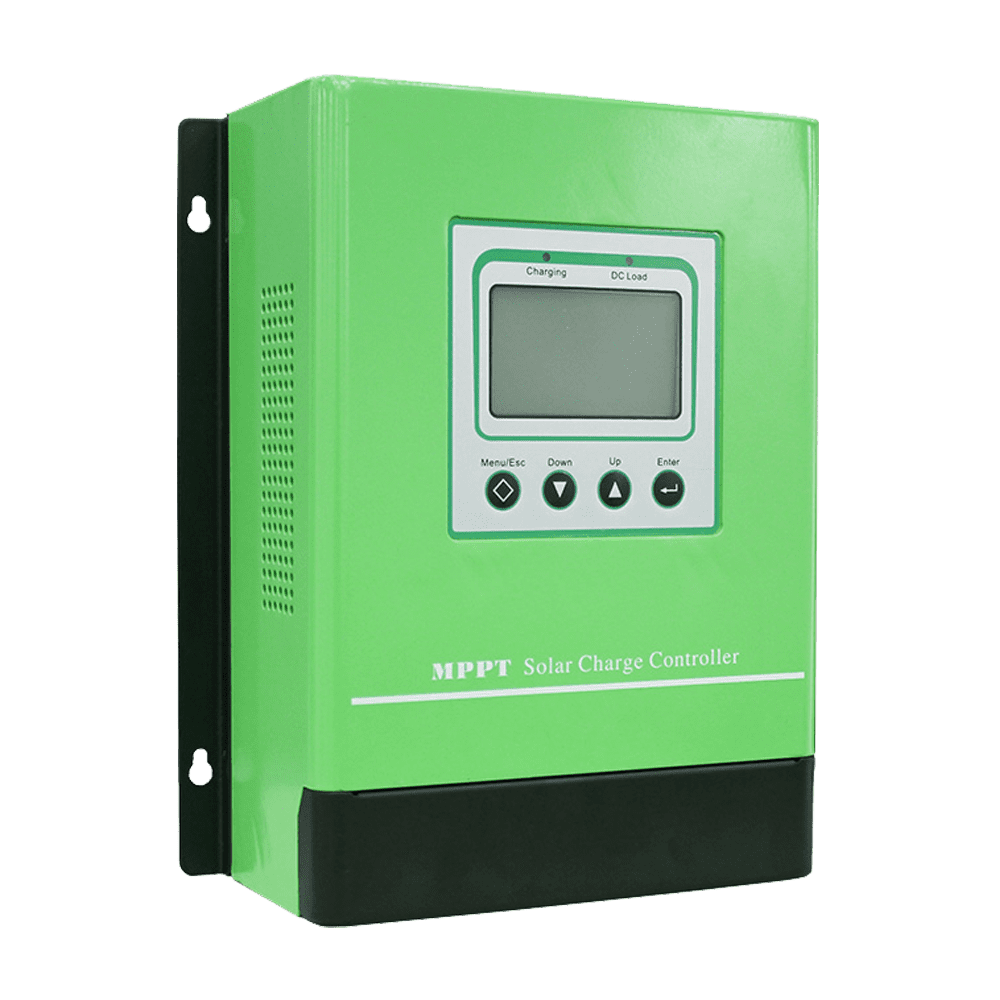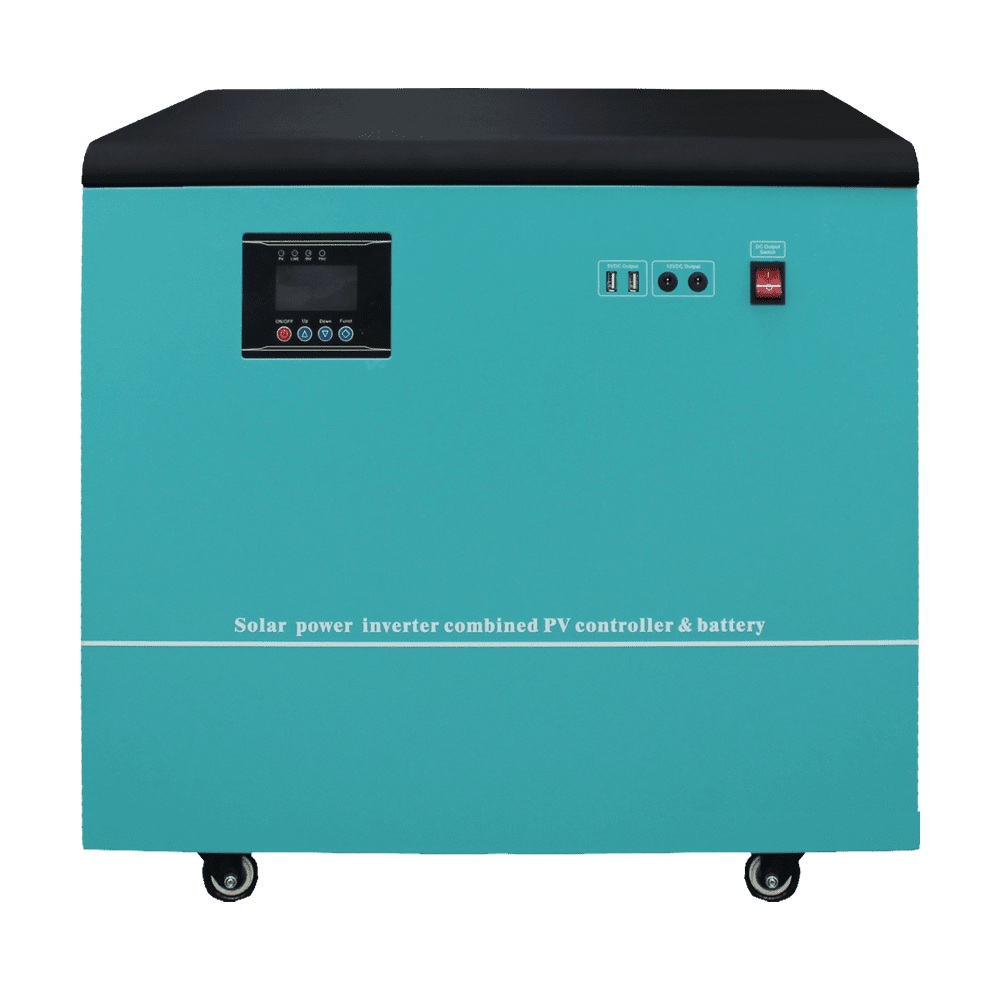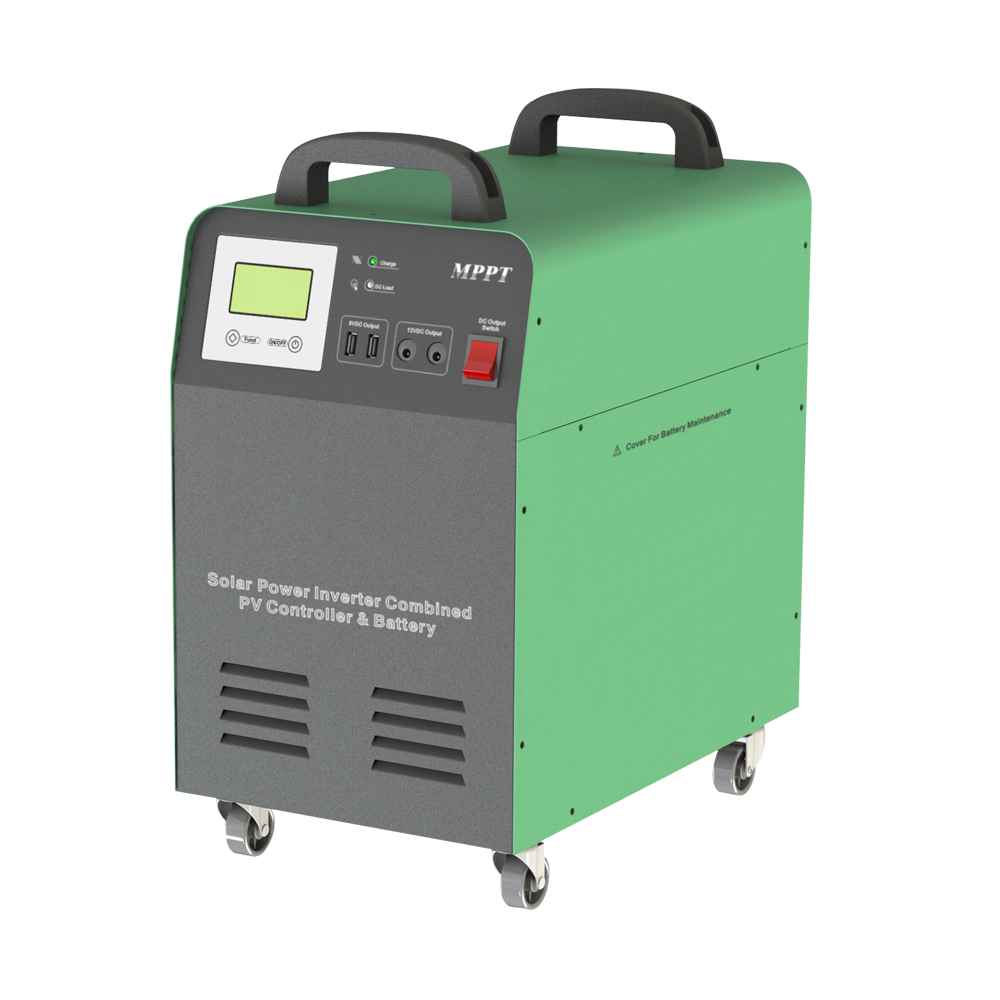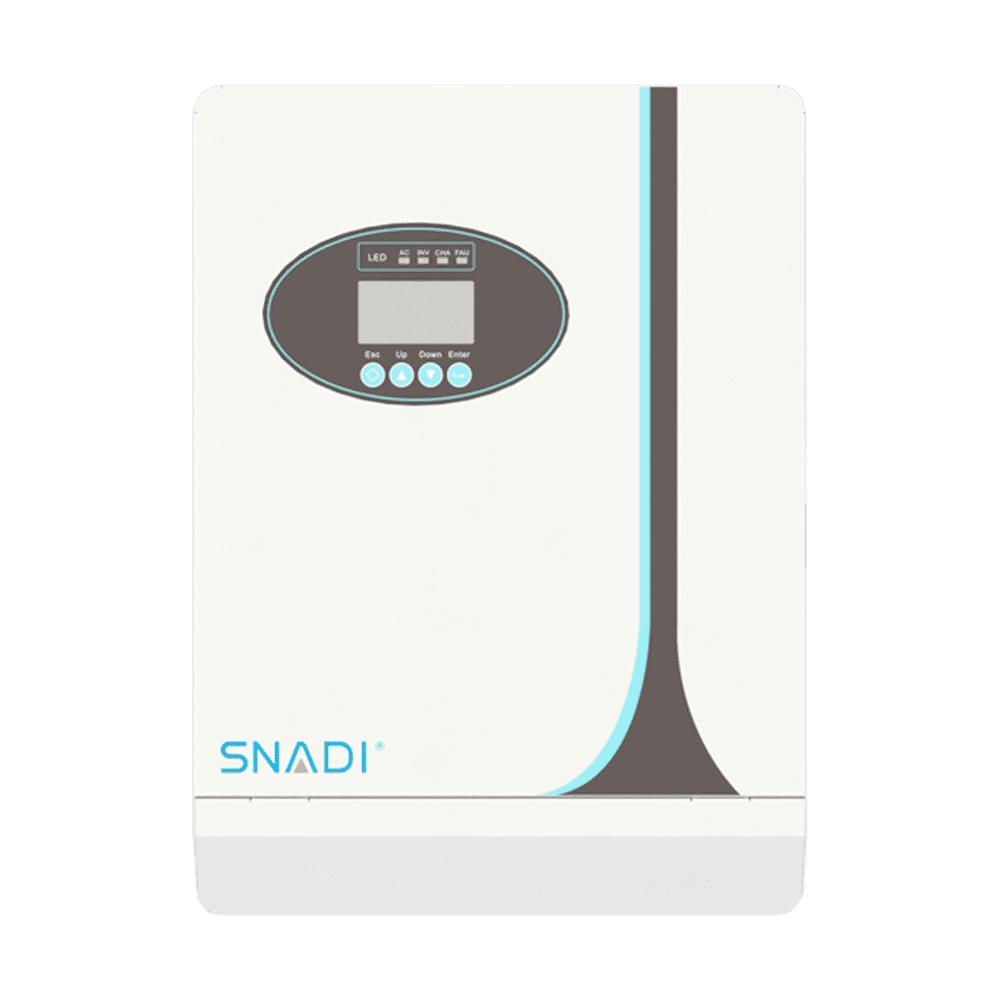In the domain of renewable energy, solar power stands out as a symbol of sustainability, providing a clean and limitless supply of electricity. However, harnessing solar energy efficiently requires more than just solar panels; it demands a comprehensive system that optimizes power generation and storage. A critical component in this system is the solar charge controller. This article delves into the benefits of solar charge controllers, elucidating their pivotal role in enhancing the performance and longevity of solar power systems.
Regulating Solar Power Flux
Solar charge controllers serve as the gatekeepers of solar power systems, regulating the flow of energy from solar panels to batteries. Their major role is to prevent batteries from being overcharged or deeply discharged, hence extending their life. Charge controllers guarantee that batteries receive an ideal charge by monitoring voltage and current levels, hence increasing efficiency and performance.
Enhancing System Efficiency
Efficiency is paramount in solar energy systems, especially in off-grid or hybrid setups where every watt counts. Solar charge controllers play an important role in increasing efficiency by matching the voltage output of solar panels to the voltage requirements of batteries. Through technologies such as maximum power point tracking (MPPT) or pulse-width modulation (PWM), controllers extract the maximum power from solar panels under varying weather conditions, ensuring optimal energy conversion and utilization.
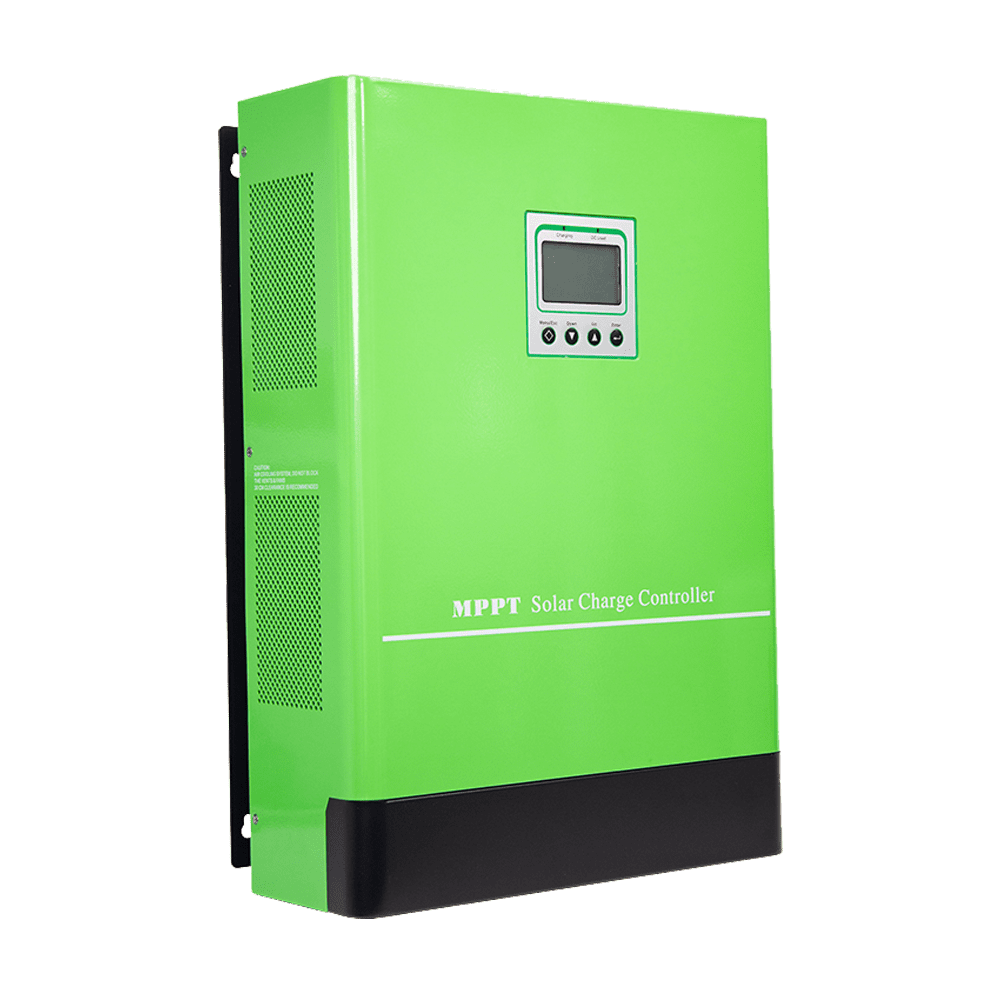
Solar Charge Controller Inverter For Home Use
Protecting Battery Health
Batteries are the lifeblood of solar power systems, storing energy for use during periods of low sunlight or high demand. However, improper charging and discharging can significantly degrade battery health, leading to reduced capacity and lifespan. Solar charge controllers act as guardians of battery health, preventing overcharging, which can cause electrolyte loss and thermal runaway, and avoiding deep discharging, which can damage battery cells. By maintaining batteries within their optimal operating range, charge controllers safeguard their longevity and reliability, thereby minimizing maintenance costs and downtime.
Safeguarding System Components
Solar charge controllers protect not just batteries, but also other system components such as inverters and loads. Controllers keep voltage and current levels stable, preventing voltage spikes and fluctuations that can harm sensitive electronics. Moreover, some advanced charge controllers offer built-in features like temperature compensation and load disconnects, further enhancing system resilience and reliability in diverse environmental conditions.
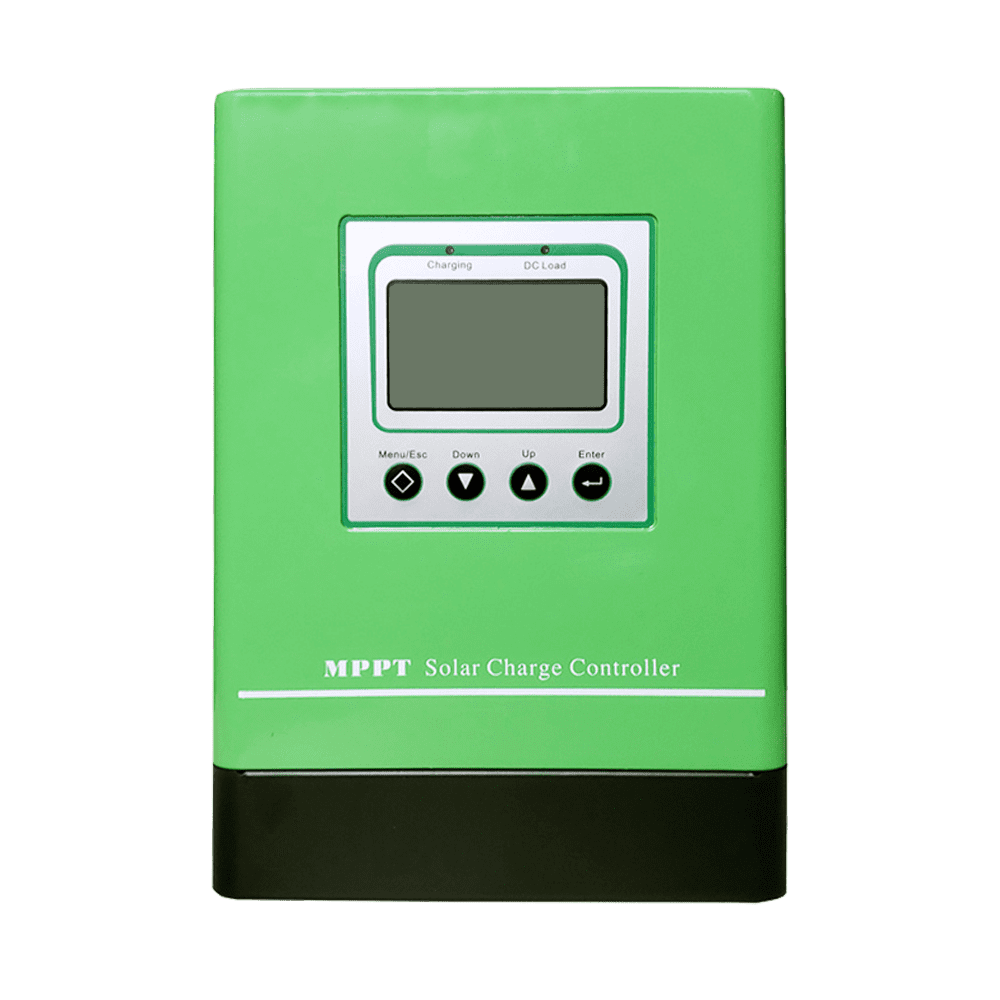
Off Grid Solar Charge Controller For Commercial Use
Facilitating Remote Monitoring and Control
In modern solar power systems, remote monitoring and control are indispensable for ensuring optimal performance and troubleshooting issues promptly. Many solar charge controllers come equipped with advanced monitoring and communication capabilities, allowing users to remotely monitor system parameters, track energy production, and diagnose faults in real-time. By providing insights into system performance and health, these features empower users to make informed decisions, optimize energy utilization, and maximize return on investment.
Conclusion
Solar charge controllers may seem like humble components in the grand scheme of solar power systems, but their benefits are far-reaching and profound. If you are looking for a top-quality solar charge controller, look no further than SNADI! Click the link to browse our website for more solar equipment details!

